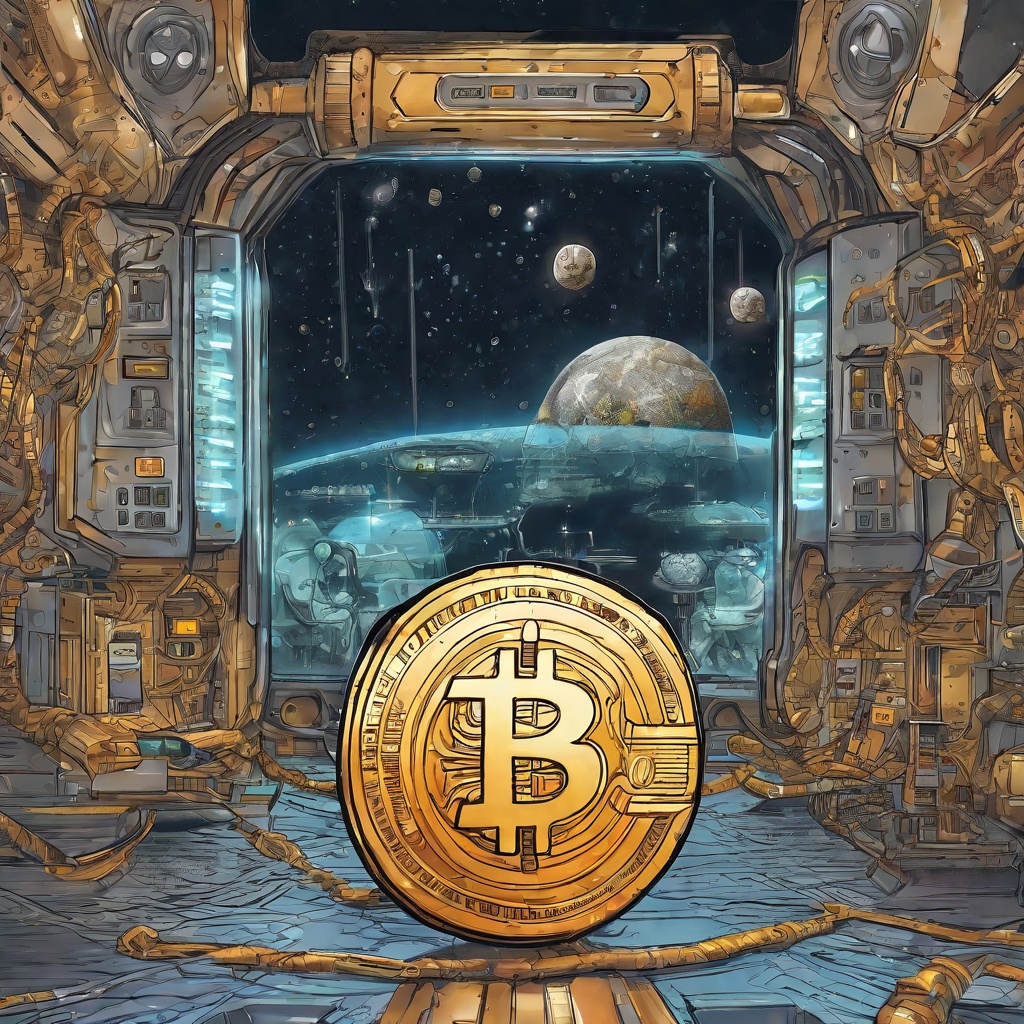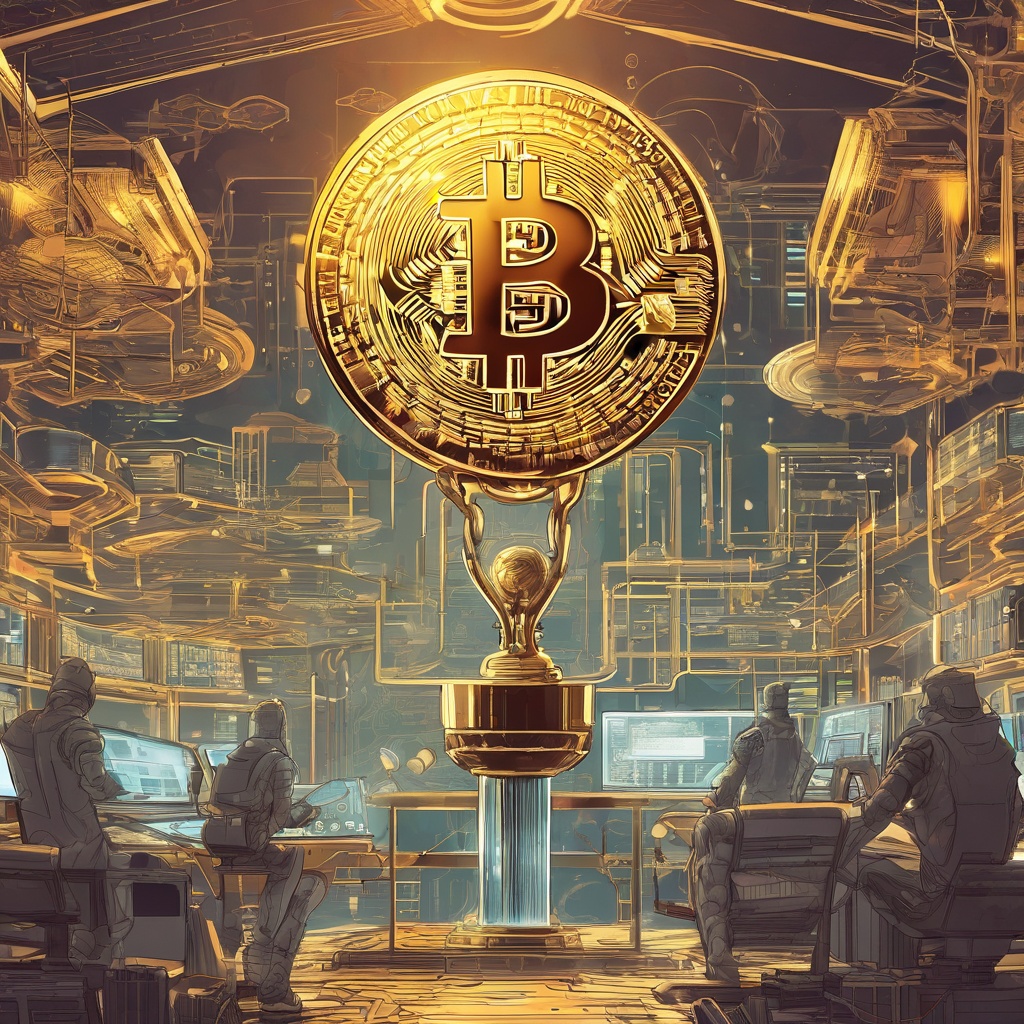Can futures contracts expire?
Ah, you've hit upon an intriguing question indeed. You know, futures contracts, they're not just pieces of paper with promises written on them. They're actually agreements, contracts, between two parties to buy or sell an asset at a specified price on a designated future date. And, yes, these contracts do have an expiration date. Think of it like a ticket to a concert or an event. You can't use it after the event has ended, can you? Similarly, a futures contract ceases to exist once its expiration date has passed. It's no longer valid. But why does it expire? It's all about risk management and market efficiency. If futures contracts didn't expire, the market would become overcrowded with old, stale contracts, making it difficult for traders to find counterparties and execute trades efficiently. So, to answer your question: yes, futures contracts can and do expire. It's a natural part of their lifecycle and helps maintain the health and liquidity of the futures market.

Who creates futures contracts?
Could you please elaborate on the creation of futures contracts? Who exactly are the parties involved in this process? Are they financial institutions, brokers, or individual investors? Also, how does the creation of these contracts usually take place? Is it through negotiations or some standardized process? Furthermore, what factors determine the terms and conditions of these contracts? Is it market conditions, specific needs of the parties, or something else? I'm particularly interested in understanding the roles and responsibilities of each party involved in the creation of futures contracts. Could you provide some insights into this aspect as well?

Are futures contracts transferable?
Could you clarify, please, the nature of futures contracts and whether they possess the attribute of transferability? It's my understanding that futures contracts are agreements to buy or sell an asset at a specified price on a future date. However, I'm not entirely certain if these contracts can be transferred to another party. Could you elaborate on this point? Is it possible to reassign the rights and obligations of a futures contract to someone else? If so, under what conditions or procedures? Would it involve a certain fee or be subject to regulatory approval? Your insights would greatly assist me in understanding the intricacies of futures trading. Thank you for your time and attention to this matter.

Who issues futures contracts?
Ah, a question about futures contracts, eh? Futures contracts, they're issued by a range of entities, usually market participants who are seeking to hedge their risks or speculate on future price movements. Let's see, futures contracts can be issued by commodity exchanges, for instance, where farmers and traders can lock in prices for future deliveries of crops or livestock. Or, they can be issued by financial institutions like investment banks, who might create futures contracts for financial assets like stocks or bonds. The key point is that futures contracts are not issued by a central authority like a government, but rather by market participants who are willing to enter into these agreements. Does that answer your question, or do you need more clarification?

Why do people buy futures contracts?
I'm curious, why do individuals and institutions alike flock to futures contracts? Could it be the allure of potential profits, or is there something deeper at play? Futures contracts, by their nature, are agreements to buy or sell an asset at a predetermined price on a specific date in the future. Do investors see them as a hedge against market volatility? Or is it a means to capitalize on predictions about the direction of asset prices? I've also heard about speculators using futures contracts to make money by betting on price movements. Could that be the primary motivation? Or are there other reasons that draw people to engage in futures trading? It's a fascinating topic, and I'd love to hear your thoughts on what drives people to buy futures contracts.

